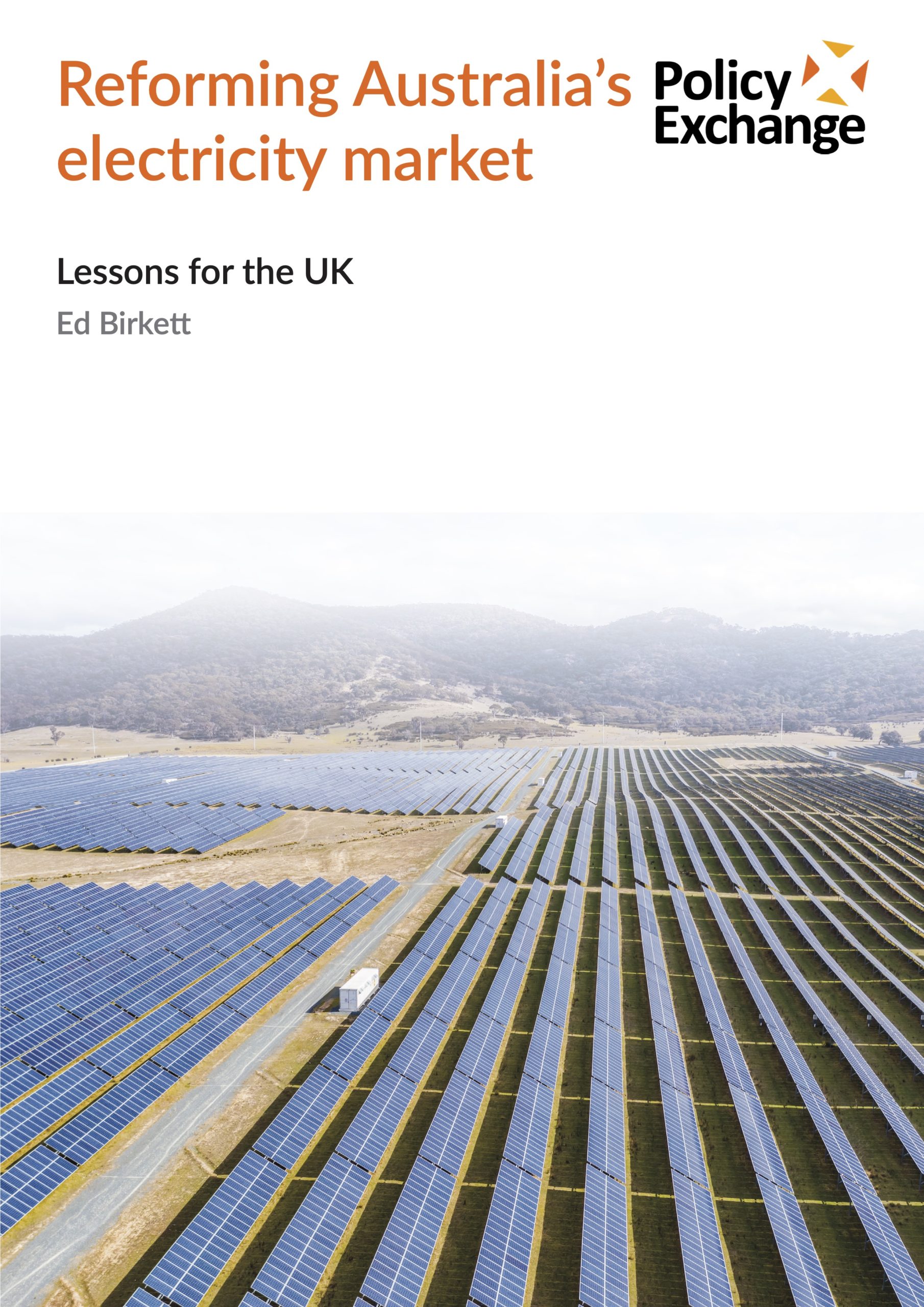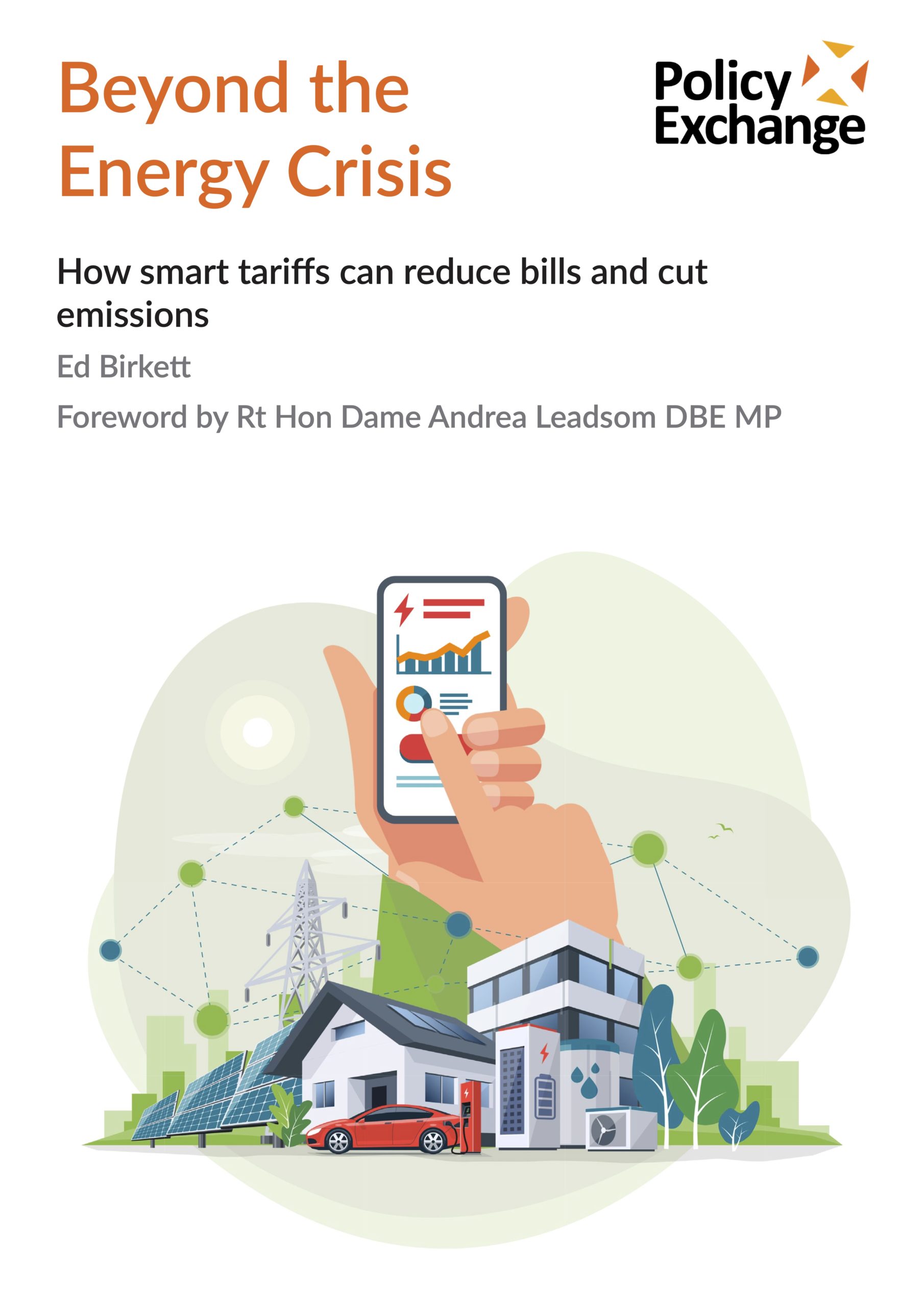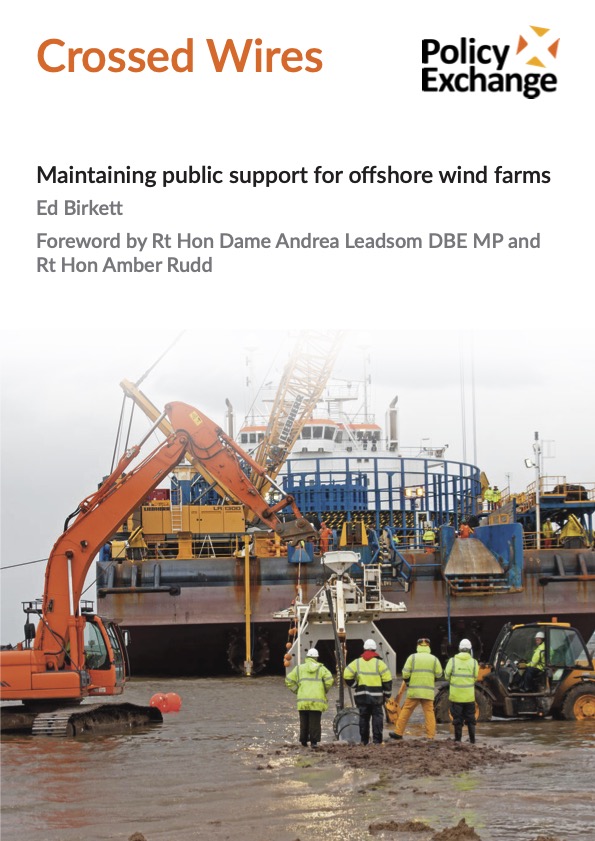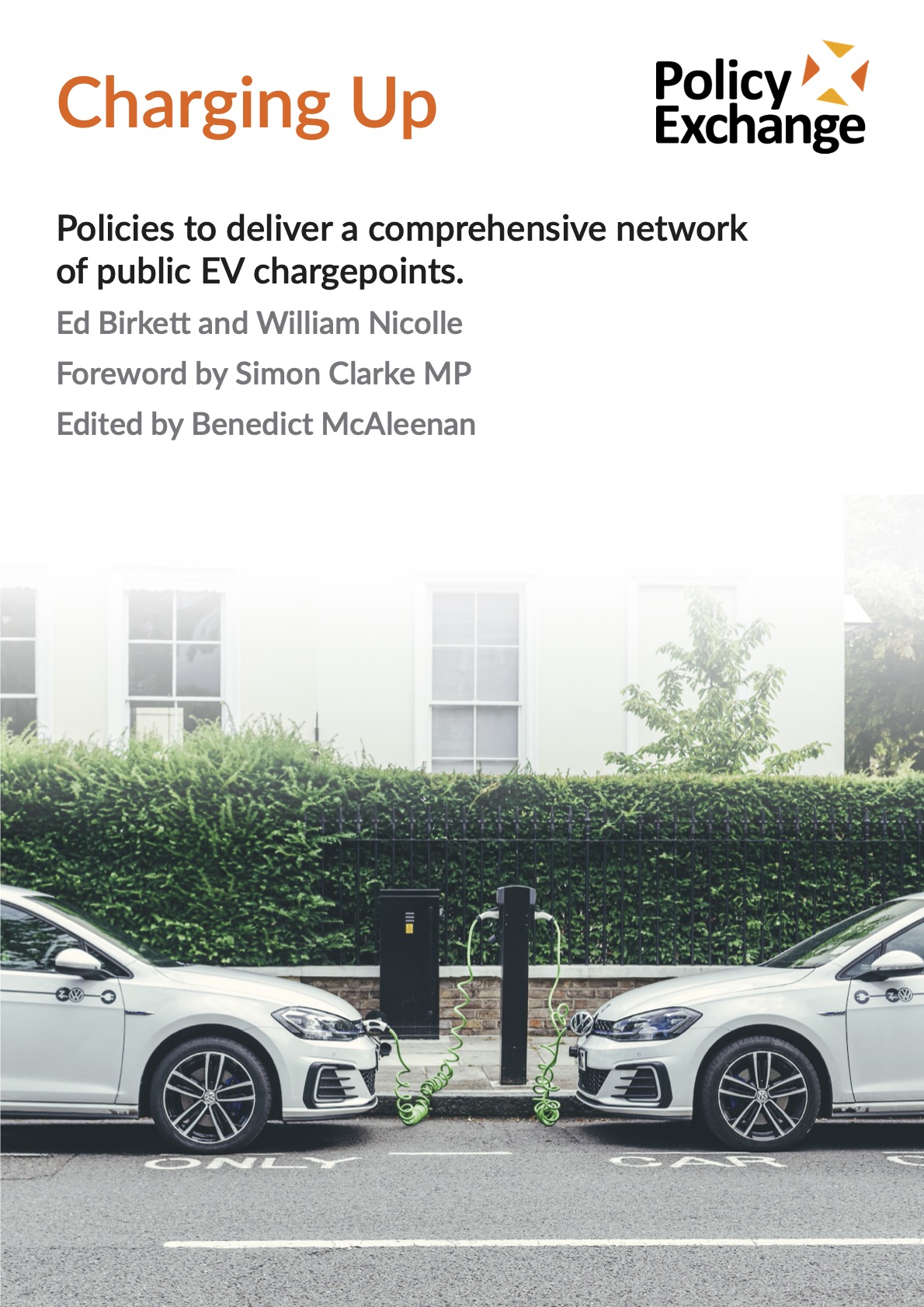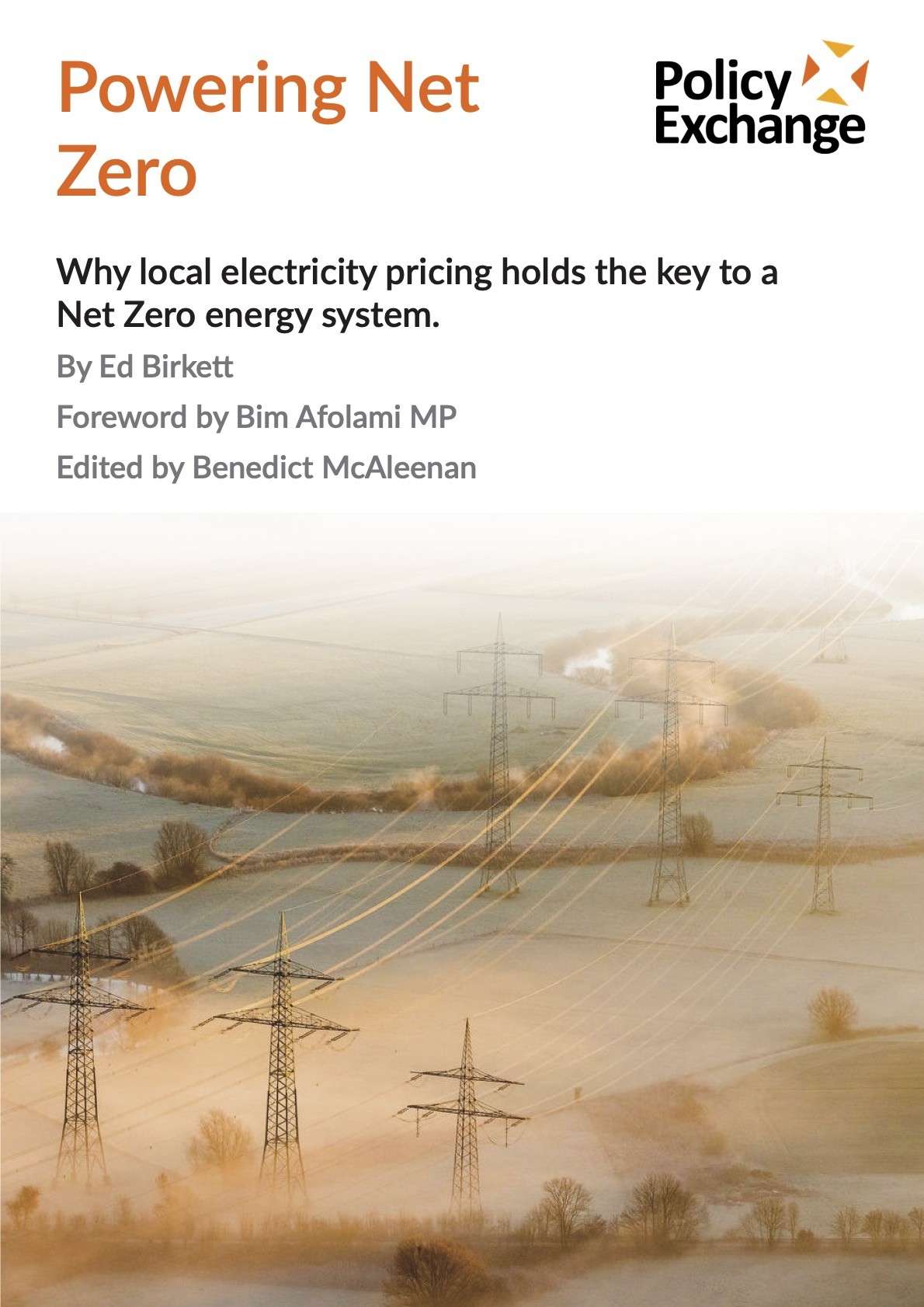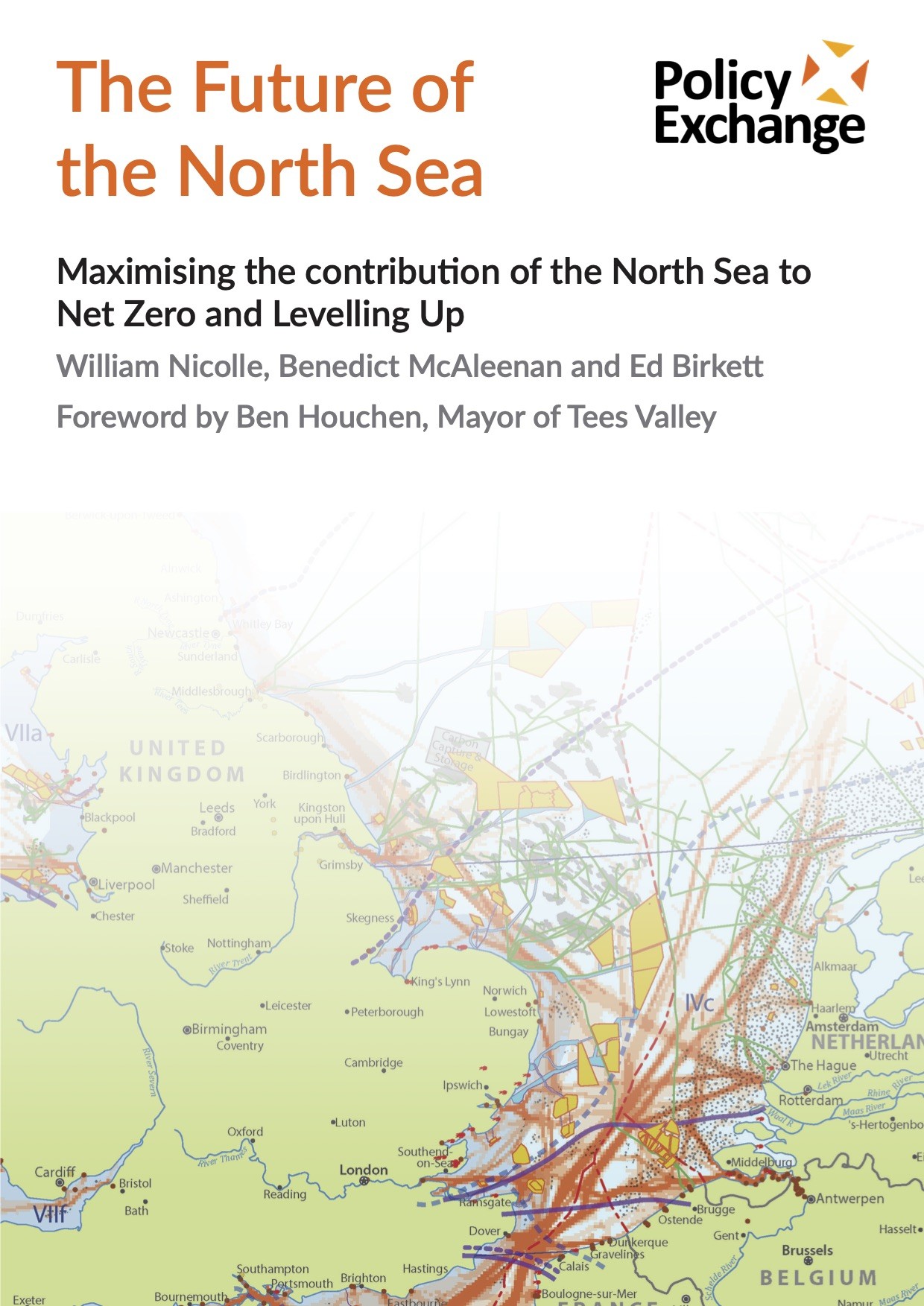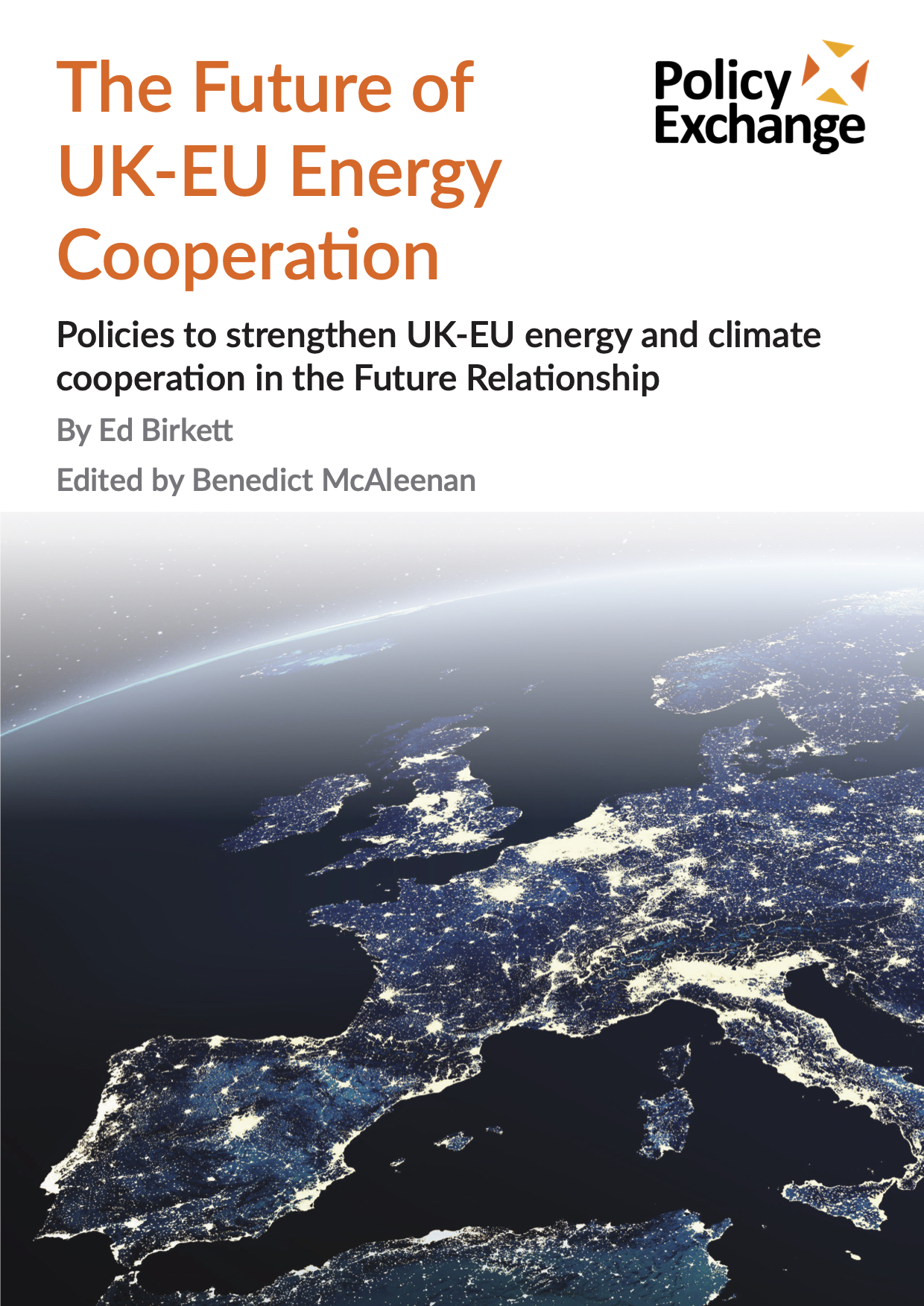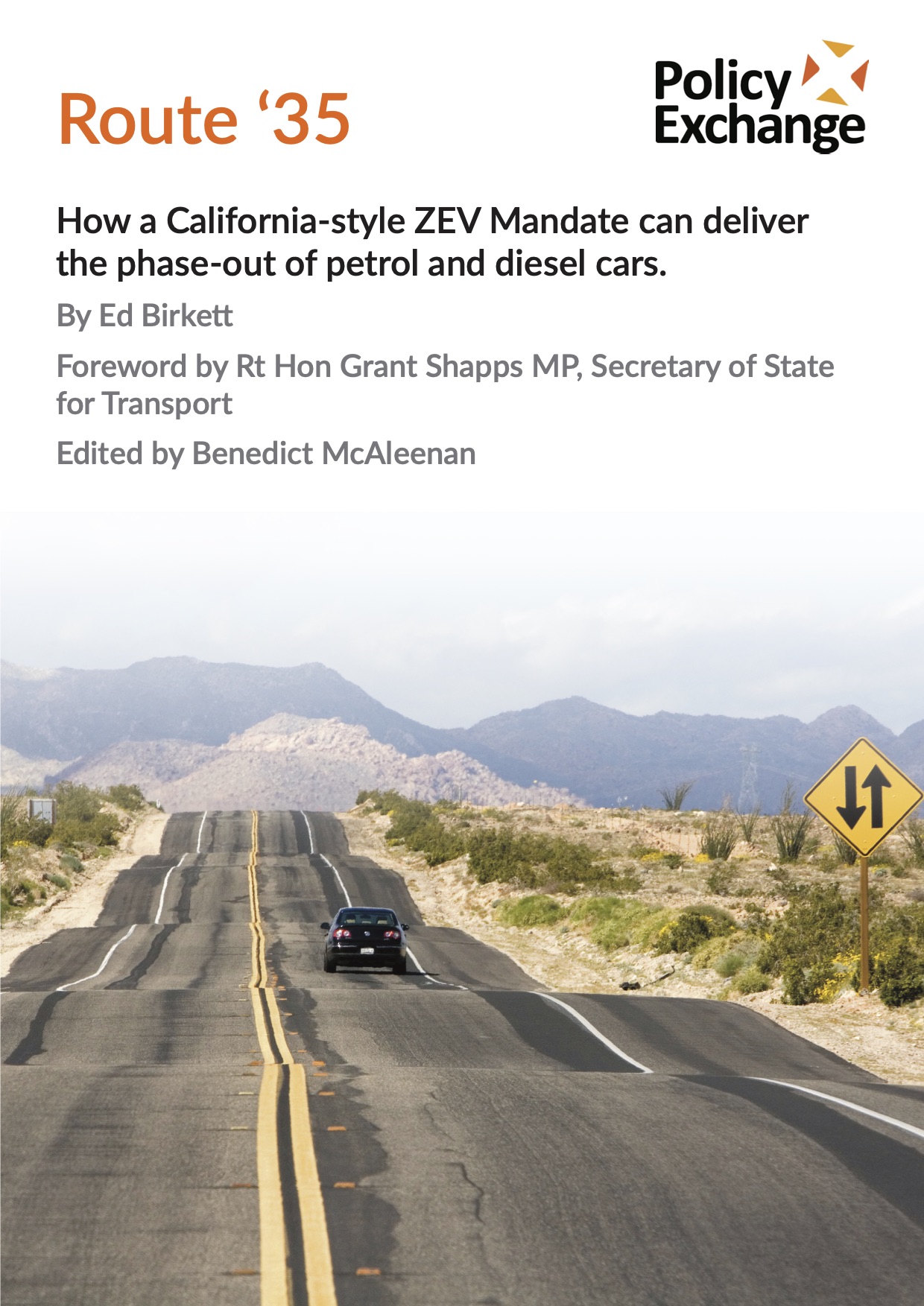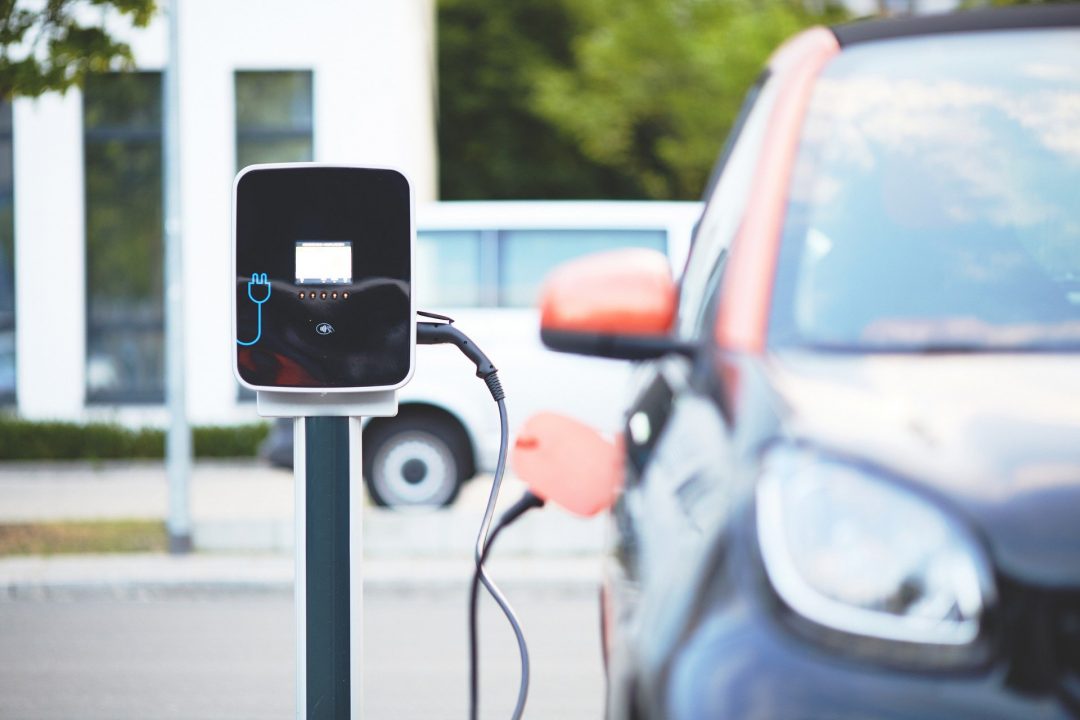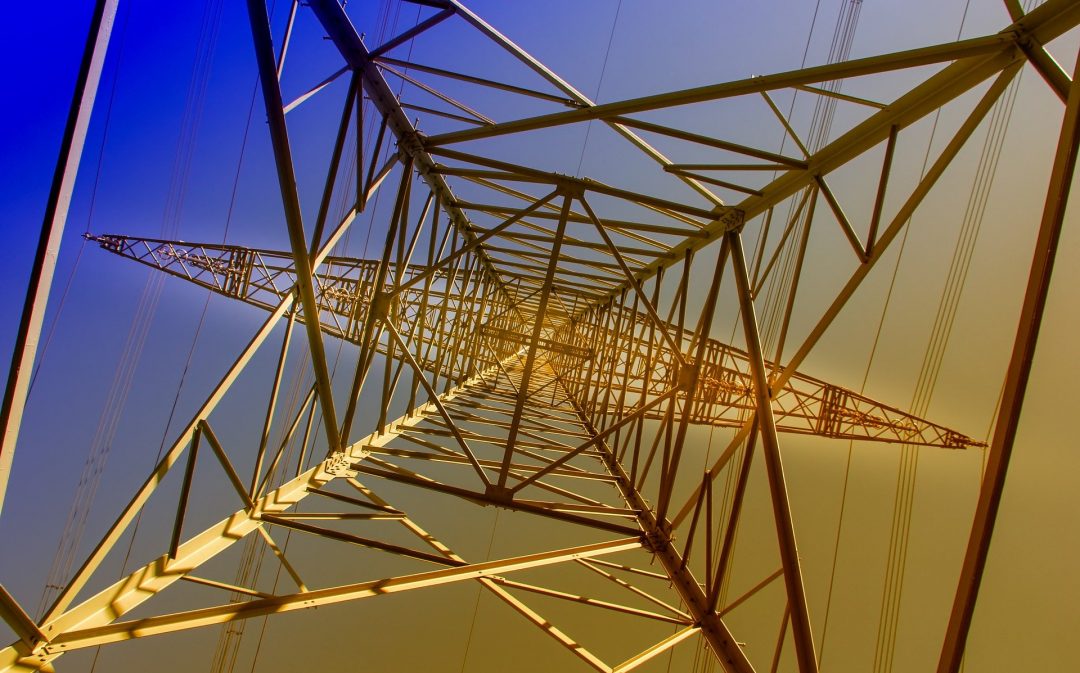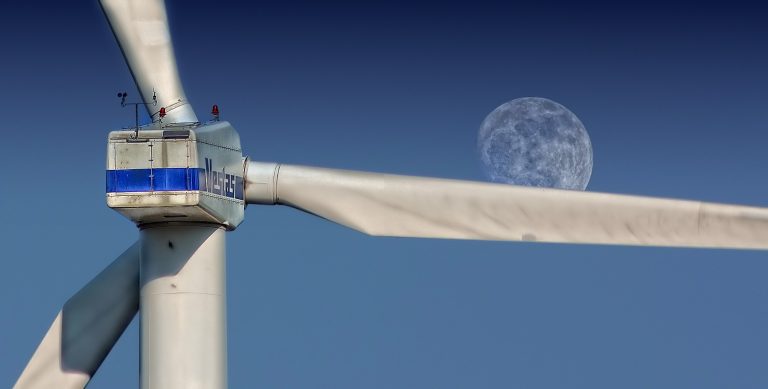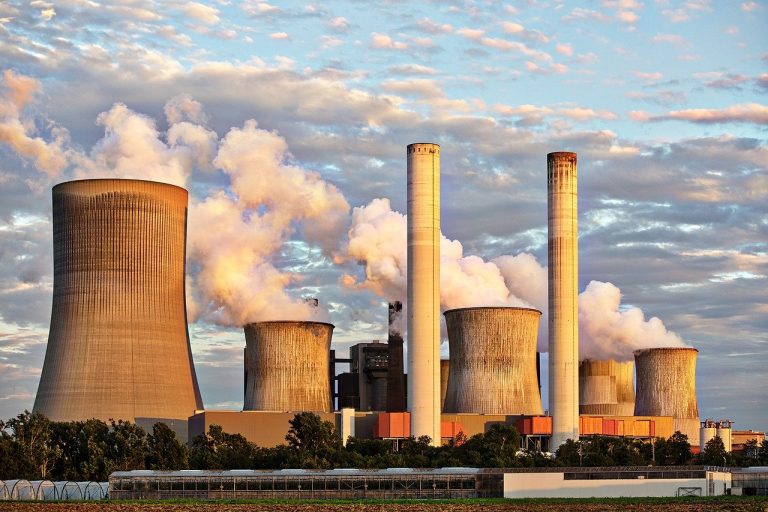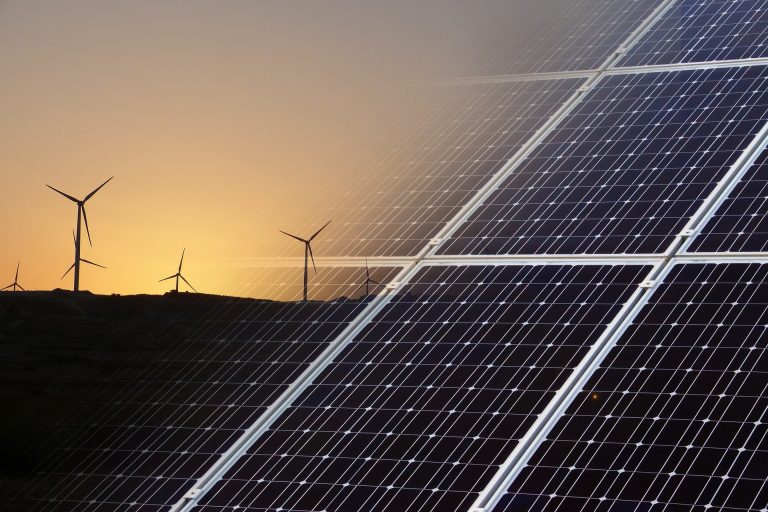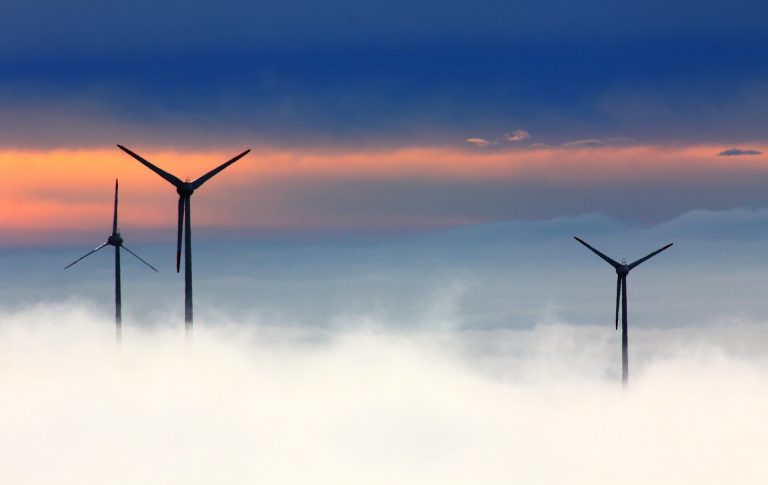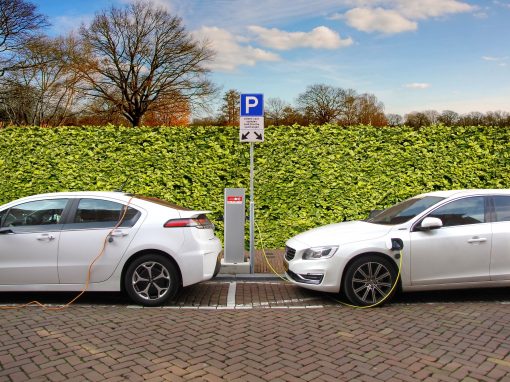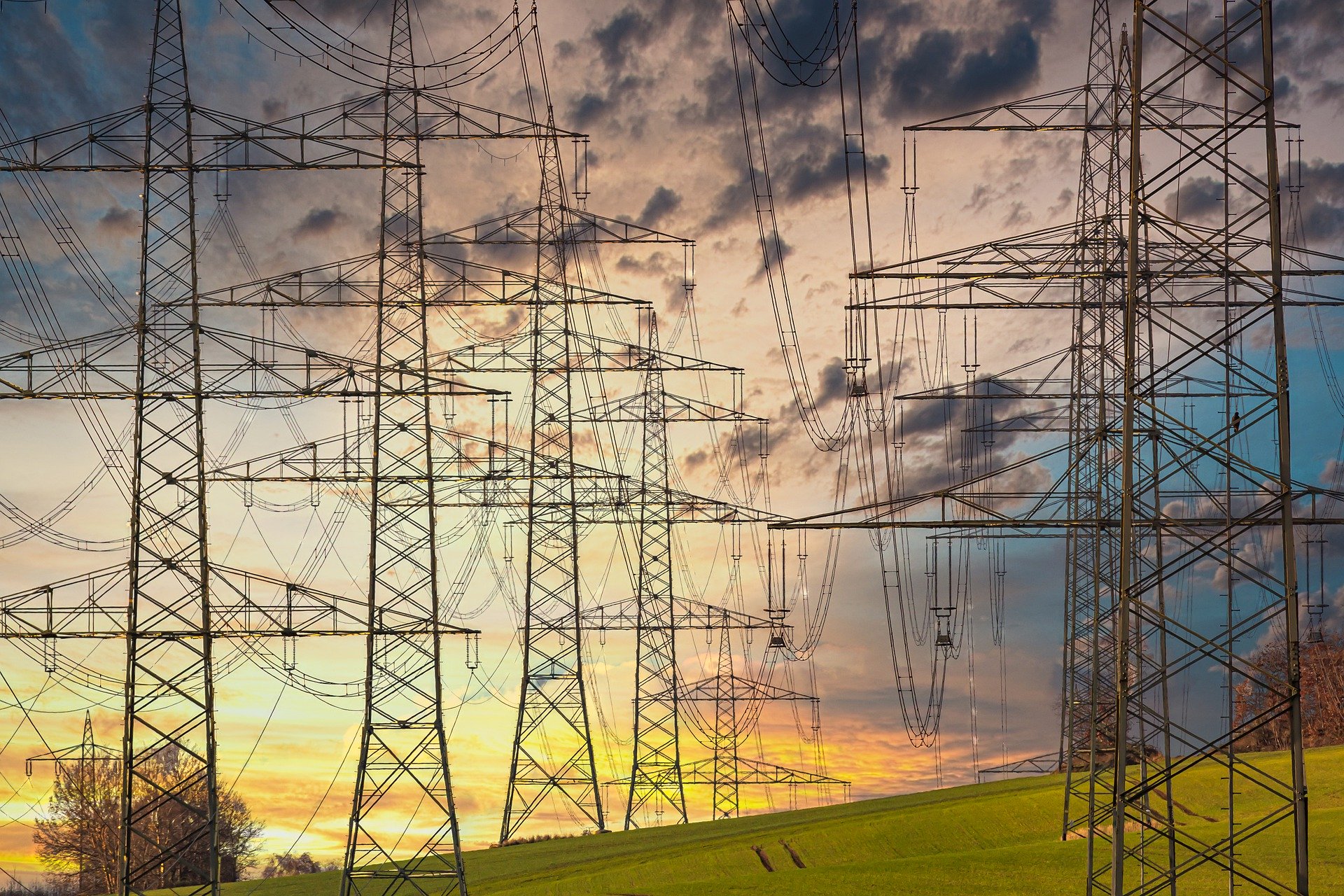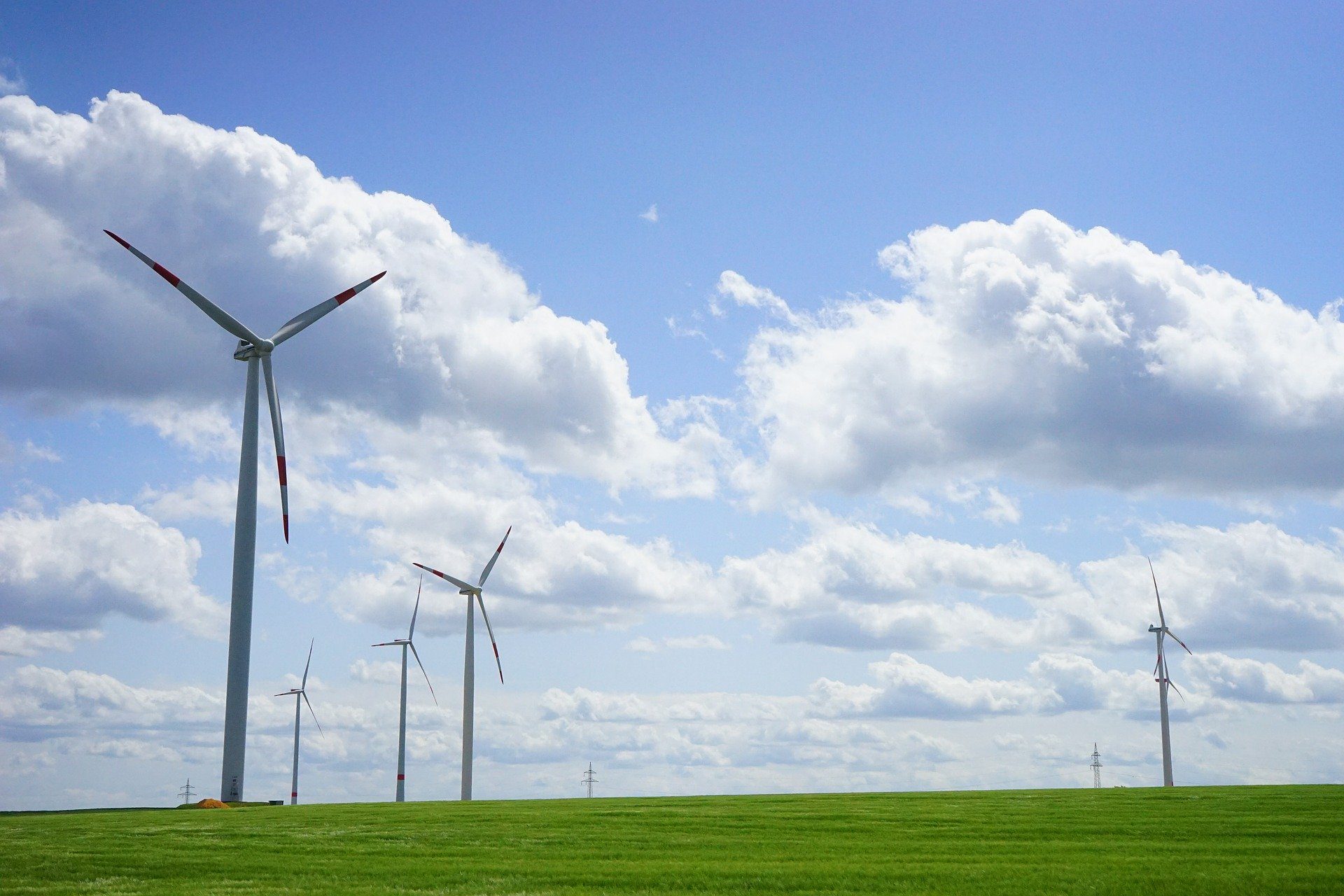Ed Birkett
Head of Energy and Environment (2020-2022)
Ed Birkett was Head of the Energy and Environment Unit. Ed joined Policy Exchange in 2020 after spending a year at Harvard as a Kennedy Scholar. For the last five years, he has worked in the UK energy sector, most recently as a developer of large-scale solar and energy storage projects.
Lorem ipsum dolor sit amet, consectetur adipiscing elit. Ut elit tellus, luctus nec ullamcorper mattis, pulvinar dapibus leo. Download Publication Following a regional blackout in 2016, the Australian Governments established review of their electricity market. In October this year, Ministers approved a package of reforms to Australia’s National Electricity Market. This report explores the Australian reforms and looks for lessons for the UK. Despite their very different climates, the British […]
Lorem ipsum dolor sit amet, consectetur adipiscing elit. Ut elit tellus, luctus nec ullamcorper mattis, pulvinar dapibus leo. Download Publication Online Reader 2021 has been a chastening year for Great Britain’s retail energy sector. Since August, 26 energy suppliers have failed. This could cost over £3bn, which would raise household energy bills by £120 per household. This report sets out a two-stage strategy for moving beyond the current energy crisis. […]
Maintaining public support for offshore wind farms Lorem ipsum dolor sit amet, consectetur adipiscing elit. Ut elit tellus, luctus nec ullamcorper mattis, pulvinar dapibus leo. Download Publication Online Reader The system for appointing senior judges needs to be reformed. In this paper, we explain what has gone wrong and what should now be done to put it right. We take senior appointments to include the High Court, the Court of […]
Download Publication Online Reader The UK’s commitment to phase out new petrol and diesel cars and vans by 2030 was at the heart of the Prime Minister’s recent ‘Ten Point Plan for a Green Industrial Revolution’. This commitment reflects both sharp reductions in the cost of electric vehicles (EVs) and the urgent need to clean up the transport sector, which is now the UK’s largest source of greenhouse gas emissions. […]
Download Publication Download Appendix 1: Aurora Energy Research Download Appendix 2&3: Detailed Policy Options The UK Government’s commitment to quadruple offshore wind capacity by 2030 will transform Great Britain’s electricity system. However, it poses serious challenges for the electricity market. Market conditions during the summer lockdown showed that the Government needs to make reforms, otherwise costs will rise and customers won’t benefit from the falling cost of wind and solar. […]
Download Publication Summary Slides The Levelling-up and Regeneration Bill is to be considered again by the Public Bill Committee on 13 October 2022. One of the few clauses of the Bill yet to be considered is clause 187, which replaces provisions of the Vagrancy Act 1824 about begging and rough sleeping which were repealed earlier this year, but the repeal of which has not yet been brought into force. The […]
Download Publication Since the 1980s, UK and EU energy markets have become increasingly intertwined. Brexit doesn’t have to set back the development of a secure, affordable, low-carbon energy system in the UK and the EU, but new approaches to will be needed. In this paper, Policy Exchange explores new models for UK-EU energy cooperation based on shared interests in competitive energy markets, robust carbon pricing, and the sharing of renewable […]
Transport is now the UK’s biggest source of climate-warming greenhouse gases. While other sectors slash their emissions, cars continue to produce 15% of our annual emissions, and the figure is still rising.
To solve this, the Government plans to ban new petrol and diesel cars by 2035. Here Policy Exchange sets out how this can be achieved, following best international practice.
The Secretary of State’s foreword to the Levelling Up White Paper starts by praising the redevelopment of Teesside under the guidance of Mayor Ben Houchen. Central to Houchen’s strategy is to revitalise Teesside’s manufacturing industry with new factories building offshore wind turbines, new carbon capture projects, and new hydrogen technologies. It is surprising, then, that the White Paper itself makes very little mention of how the Government will encourage green […]
Energy policy is back on the front pages, with stories about rising energy bills, energy suppliers going bust, and concerns over security of supply, with the UK’s electricity grid appearing to creak even before demand ramps up during the winter. It’s a formidable in-tray for new Energy Minister Greg Hands, who will benefit from working alongside BEIS Secretary Kwasi Kwarteng, a former Energy Minister himself. The immediate energy crisis is a liquidity crunch […]
Arguments over cuts to the Plug-in Car Grant are a symptom of an old-fashioned climate policy, argues Ed Birkett. Last month the Government announced a surprise cut to the grants available for buyers of new electric vehicles (EVs) and restricted eligibility to only the cheapest models.[1] The cut is the Government’s response to the growing popularity and falling prices of EVs, which threatens to blow the budget of the UK’s grant […]
The Government’s post-Brexit “Better Regulation Committee” is reportedly looking at ways to improve on EU regulations.[1],[2]Policy Exchange’s recent report, Post-Brexit freedoms and opportunities for the UK, is one contribution to that debate.[3]Understandably, most of the focus has been on state aid, financial services and workers’ rights. One area that I think isn’t getting enough attention is energy markets. The natural monopolies provided by electricity and gas networks and the UK’s commitment to […]
Ed Birkett looks at policies needed to manage the up and downs of increasing wind power on the UK’s electricity grid. New figures show that 2020 was the greenest year yet for the UK’s electricity supply, with nearly 60% of electricity produced by low-carbon sources.[1] Offshore wind is now the driving force behind the UK’s greener grid, growing by around a quarter annually and already providing 17% of our electricity. More […]
Ed Birkett looks at five things we’ve learnt from the White Paper, and one thing that’s missing. This week’s Energy White Paper is a substantial document that moves the UK a step closer towards a Net Zero energy system. However, it’s clear that the White Paper is largely about ambition, which leaves a lot for the Government to do in 2021. Here are five things we’ve learnt and one thing that’s missing. #1: BEIS needs more resources to […]
Unleashing ‘hybrid’ projects will get more from solar and wind at lower cost. The Prime Minister’s commitment to 40 gigawatts (GW) of offshore wind by 2030 is a huge undertaking that will galvanise industry to redouble their efforts to deploy clean energy projects. However, despite the scale of the ambition and the falling cost of offshore wind, the UK could also be getting more from a range of energy […]
The UK’s coal phase-out shows the Government how to phase-out petrol and diesel cars. he Guardian reports that Ministers are considering banning the sale of new petrol and diesel cars by as early as 2030, following calls from the Conservative MPs, the Government’s independent advisers on climate change, and the Labour Party. However, the UK is not yet on track to meet the Government’s existing target of 100% Zero Emission […]
“We believe that in 10 years’ time offshore wind will be powering every home in the country.” This was the Prime Minister’s positive vision for a low-carbon UK that he set out in his Conference speech last week. Rather predictably, this has led to questions about what happens when the wind stops blowing. Not all of this criticism will be in good faith, but there is also a serious point. As well as […]
Transport is now the UK’s biggest source of climate-warming greenhouse gases. While other sectors slash their carbon footprint, our cars alone continue to produce 15 per cent of annual emissions — and the figure is still rising. To tackle this, earlier this year the government announced plans to bring forward a ban on new petrol and diesel cars to 2035. The response was an outcry from carmakers, who accused ministers […]
The Coronavirus has challenged all sectors of the UK economy, and electricity markets have been no exception. Electricity demand is down by as much as 20%, causing periods of negative electricity prices and unprecedented strain on the Electricity System Operator (ESO), run by National Grid. The ESO is responsible for ensuring that the system can respond to lightning strikes and faults at power stations, and that power lines don’t become overloaded. To do this, the ESO takes “balancing actions”, paying to turn down some generators and paying to turn up others.
In 2015 the Government excluded onshore wind from the Contracts for Difference support scheme based on concerns from local residents about visual impact. Since then, whilst new nuclear power and fracking have struggled to get off the ground, the cost of onshore wind has continued to fall, Parliament has declared a climate emergency, and the Government has legislated for net zero emissions by 2050.

